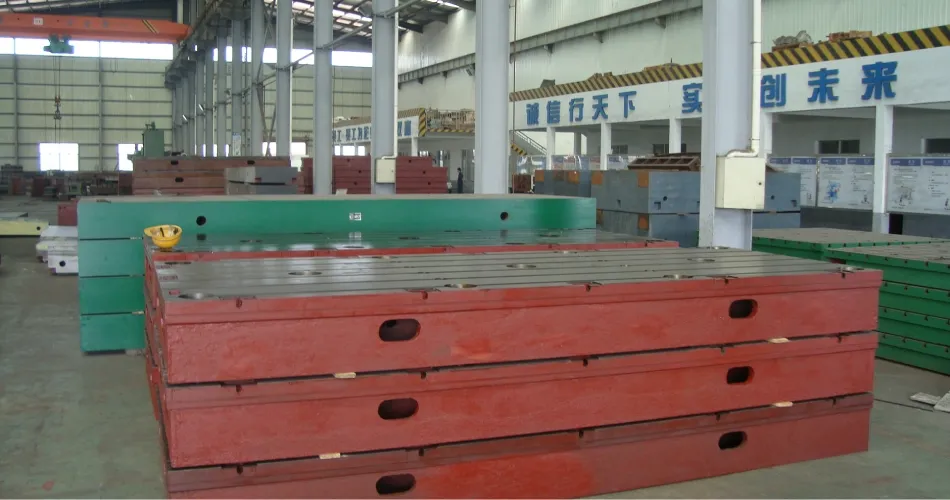నవం . 13, 2024 12:18 Back to list
thread plug gauge jis standard
Understanding Thread Plug Gauges According to JIS Standards
Thread plug gauges play a crucial role in the quality control of threaded components, ensuring that the threads meet specified tolerances and functional requirements. In Japan, the Japanese Industrial Standards (JIS) have established guidelines for thread gauges, which are widely recognized and utilized in various industries. This article explores the significance of thread plug gauges, their specifications under JIS standards, and their application in manufacturing and quality assurance.
What are Thread Plug Gauges?
Thread plug gauges are precision measuring tools used to check the internal threads of a component. They come in two types the Go gauge, which confirms that the thread is within the acceptable tolerance limits, and the No-Go gauge, which ensures that the thread does not exceed the specified maximum limits. The functionality of these gauges is crucial for maintaining the integrity of threaded connections in mechanical assemblies, pipe fittings, and numerous other applications.
JIS Standards for Thread Gauges
The JIS standards provide a comprehensive framework for thread gauge specifications, including dimensions, tolerances, and material properties. The most relevant JIS standard for thread gauges is JIS B 0202, which covers the design and manufacturing requirements for screw threads and associated dimensional tolerances.
1. Thread Profile and Dimensions JIS standards specify various thread profiles, including metric threads, which are commonly used in Japan and many other countries. The standards detail the dimensions including thread pitch, major diameter, minor diameter, and thread depth, ensuring uniformity across different manufacturers.
2. Tolerance Classes JIS categorizes threads into various tolerance classes for both internal and external threads. These classes provide guidance on the allowable deviations from nominal dimensions, which is essential for ensuring proper fit and function of threaded components. The tolerance classes include grades such as ISO 4H, ISO 6H, and ISO 8H for internal threads, which define the precision level required in various applications.
3. Material and Hardness The material from which thread plug gauges are made is also specified in JIS standards. Typically, high-quality tool steels are used, which provide the necessary strength and wear resistance. The hardness of these gauges is also critical, often required to be between HRC 58 and HRC 62, to withstand wear during repeated usage.
thread plug gauge jis standard

Importance of Thread Plug Gauges
The importance of thread plug gauges under JIS standards cannot be overstated. They are integral to various industrial processes, serving several key functions
- Quality Assurance Thread plug gauges help manufacturers ensure that parts will fit together correctly and function as intended. This is especially important in industries such as automotive, aerospace, and manufacturing, where safety and reliability are paramount.
- Cost Efficiency By allowing for early detection of non-conforming threads, these gauges help prevent costly reworks and material wastage, contributing to overall cost efficiency in production processes.
- Standardization Adhering to JIS standards promotes consistency across the supply chain. Manufacturers who follow these standards can be assured that their threaded components will meet customer expectations and regulatory requirements.
Application of Thread Plug Gauges in Industry
Thread plug gauges find applications across various sectors, including automotive, aerospace, and machinery manufacturing. For instance, in the automotive industry, precise thread measurements are crucial for ensuring the reliability of engine components and assemblies. Similarly, in the aerospace sector, where safety is non-negotiable, stringent testing with thread plug gauges ensures that all threaded connections maintain their integrity under high-stress conditions.
In conclusion, thread plug gauges according to JIS standards are a fundamental element in the quality control process for threaded components. Their precise specifications and rigorous standards ensure that manufacturers can deliver reliable and high-quality products. As industries continue to advance and produce more complex assemblies, the importance of adhering to established thread gauge standards will become even more critical in maintaining the robustness and safety of mechanical systems.
-
Why Metric Trapezoidal Thread is Ideal for Precision Motion ControlNewsAug.05,2025
-
The Unique Properties of a Block of Granite for Industrial UseNewsAug.05,2025
-
The Role of Flanged Y Strainers in Preventing Pipeline ClogsNewsAug.05,2025
-
The Importance of Regular Calibration for Master Ring GagesNewsAug.05,2025
-
How a Cast Iron Surface Table Enhances Accuracy in ManufacturingNewsAug.05,2025
-
Comparing Different Check Valve Types for Optimal Flow ControlNewsAug.05,2025
Related PRODUCTS









